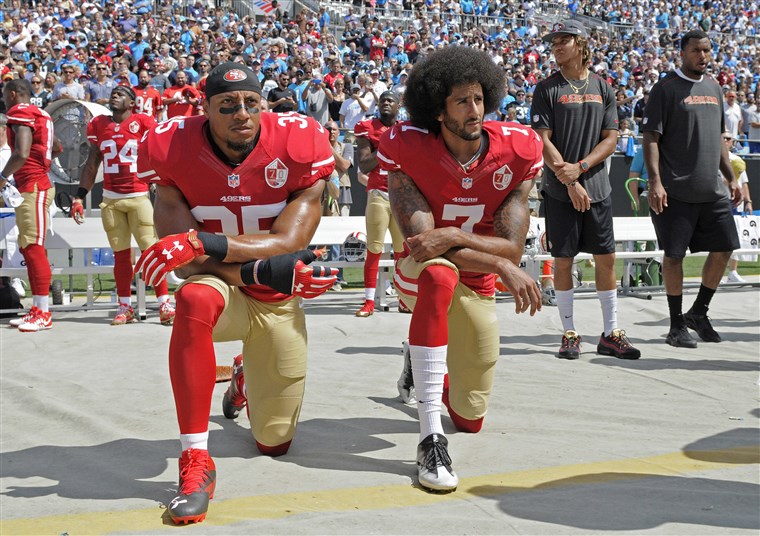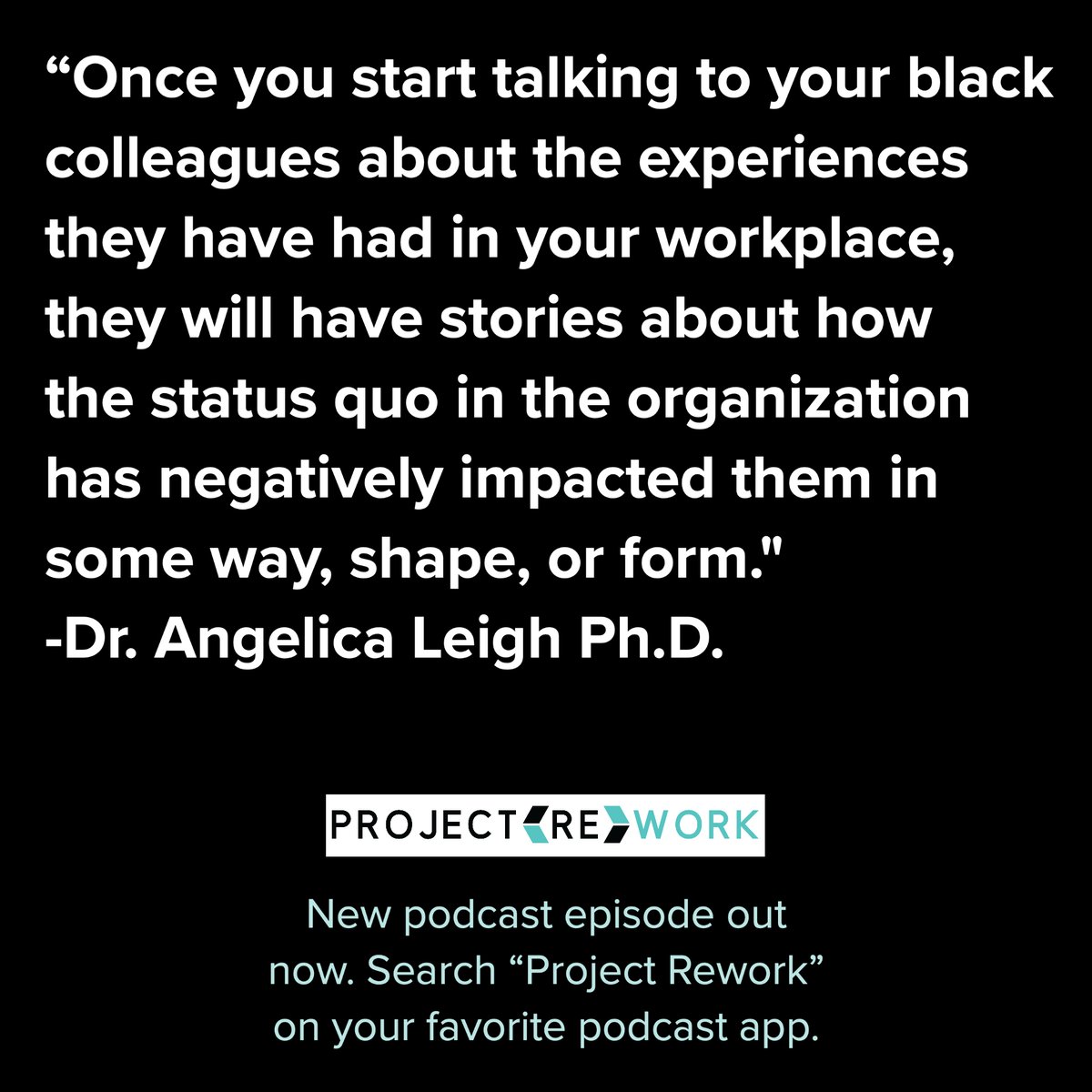journals.aom.org/doi/10.5465/am…
1. I find that these events lead other groups members to experience threat, where they worry whether they or one of their loved ones will become targets of similar discriminatory or violent acts. 5/n
... years later he still can't get a job in the NFL. 11/n

wsj.com/articles/black…
knowledge.wharton.upenn.edu/article/begin-…



